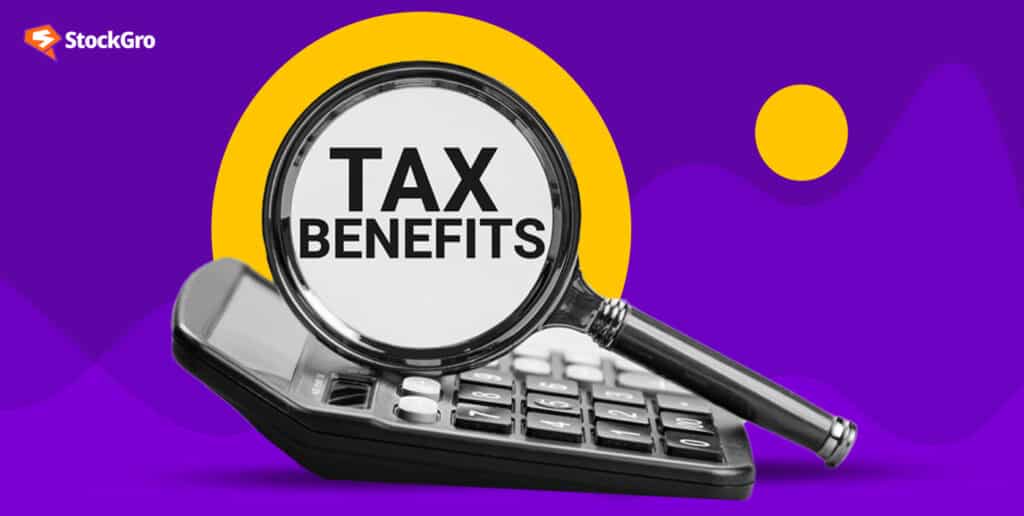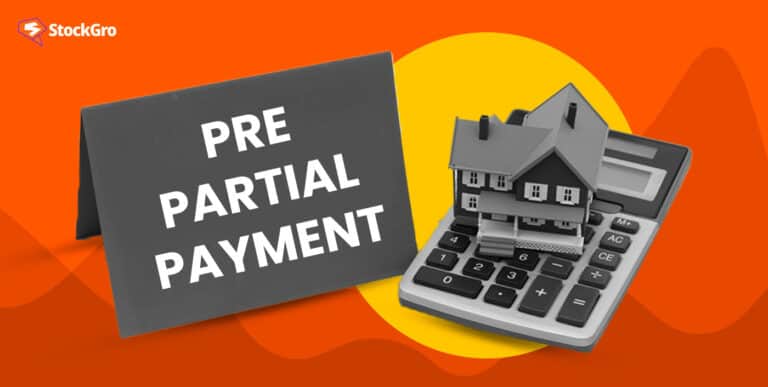
Did you take out a personal loan and wonder if you could get any tax breaks? Unfortunately, personal loans don’t qualify for income tax exemptions under Indian tax laws. However, strategic use of the loan funds can help you claim tax benefits.
This article has explained how using a loan for residential property, home renovations, business investments, or asset purchases may make you eligible for deductions.
Read on for the details on legal ways to reduce your taxable income based on how you use your loan funds.
Also read: Debt management: Advanced strategies for paying off debt quickly
What is a personal loan?
A personal loan is one that you may apply for with little to no paperwork and no need to put up any collateral. This loan gives you money that you can use for any legal reason. Just like any other loan, you’ll have to pay it back according to the conditions set by the bank.
In most respects, a personal loan is the same as any other kind of loan. After receiving your loan application and supporting paperwork, the bank will evaluate your credit and either grant or reject it.
The loan amount, repayment term, and interest rate are the three main variables that determine the equated monthly instalment (EMI). Aspects such as your credit score, length of employment, salary, and profession will determine the range of interest rates. Instead of a floating rate, the rates are fixed in this case.
A personal loan gives you the freedom to spend the money however you like, whether that’s on vacation, medical bills, home improvements, higher education for your kids, or anything else.
Can you get a tax benefit on a personal loan?
In most cases, when individuals file their income tax return, their personal loan amount is not taxable since the money borrowed to cover non-business costs is not seen as part of their taxable earnings.
In simple terms, personal loans don’t cost you any taxes. However, the loan might be subject to taxation as income if it was received from unrecognised or invalid sources.
Also read: Bankruptcy recovery: How financial literacy can help you start fresh?
Income tax benefit on personal loan
Personal loans do not have any tax deductions under the Indian Income Tax Act. This means a personal loan does not provide any particular tax advantages.
However, other types of loans, including educational loans and house loans, do have tax deductions. That said, you may still claim tax breaks via a personal loan.
How? We’ll talk about it in the section below.
How do you claim a tax deduction on personal loans in India?
With a personal loan, you can only get tax breaks if you use the loan for a reason that lets you reduce your income.
The size of the loan and its planned purpose are the main factors in deciding whether you can claim these benefits. You are eligible to get these benefits if you can prove that the money was spent for that particular purpose.
Residential property acquisition or construction
Personal loans may also be applied if you buy or build a residential property.
If you’ve used the money from your personal loan to buy or build a house, you could be eligible for certain tax breaks. If the borrower lives in the residence, they may deduct up to ₹2,00,000 from their taxable income.
Under Section 24, the income tax benefit on interest on a personal loan allows the borrower to redeem the interest for a tax advantage. If the residence has been leased out, there is no limit to how much may be claimed.
You can deduct all the interest you paid on a personal loan against your taxable rental income if you used it to buy a rental property.
Also read: Real estate investing for beginners
Renovating your home
Under Section 24(b) of the Income Tax Act, you may claim home improvement and repair expenses as a tax benefit if you take out a personal loan for them. Income tax allows you to deduct personal loan interest payments up to ₹30,000 annually.
Financial investment in businesses
You can write off the interest you paid on a personal loan if you used the money to invest in your business. Under Section 37(1), if you have a company or trade and used the personal loan money for that purpose, you can claim the interest you paid on that loan as business expenses.
Borrowers may claim interest paid on personal loans as an expenditure if they have repaid them and used the funds for business investments.
Asset acquisition
When you use the funds from the loan to buy things like ornamental jewellery, non-residential property, securities, specific equities, and more, you may be able to get a tax break under your loan.
The borrower has the option to claim the tax advantage in the year that the asset is sold. Keep in mind that you may only deduct interest payments, not the principal amount of the loan, when filing your taxes.
No tax advantage will be given on the personal loan if it has been used for any cause other than the ones listed above.
Conclusion
Personal loans don’t directly lower your tax bill, but if you use the money wisely, you may be able to deduct the interest you pay, which eventually lowers your total tax bill.
Keep close tabs on how you spend the money from your personal loan on things like buying assets, making home improvements, investing in real estate, or funding your business.

